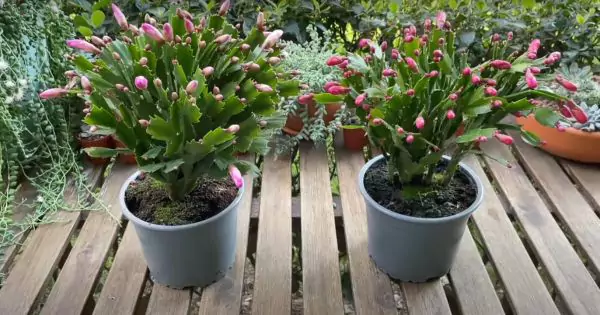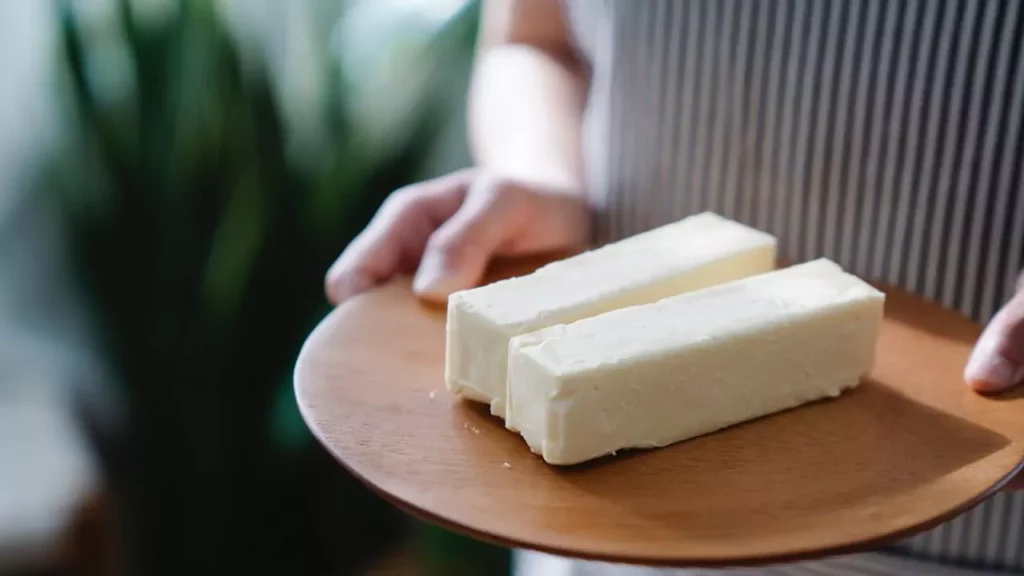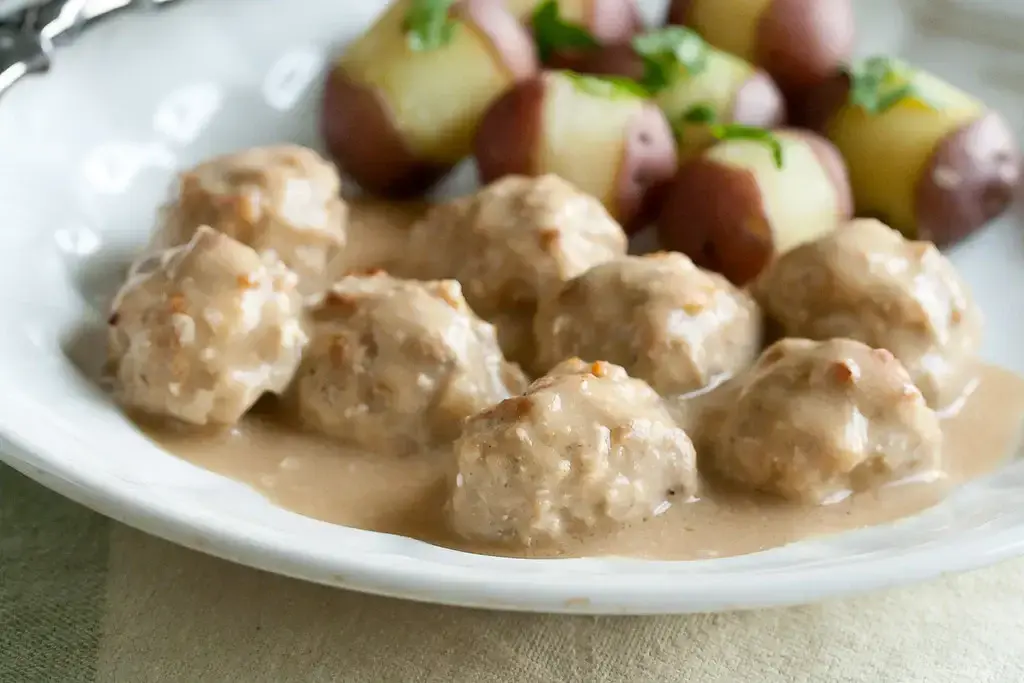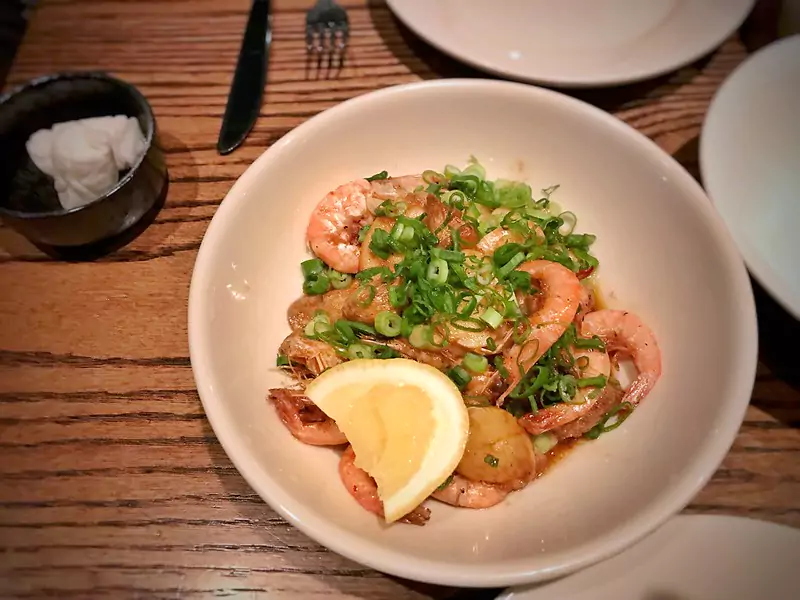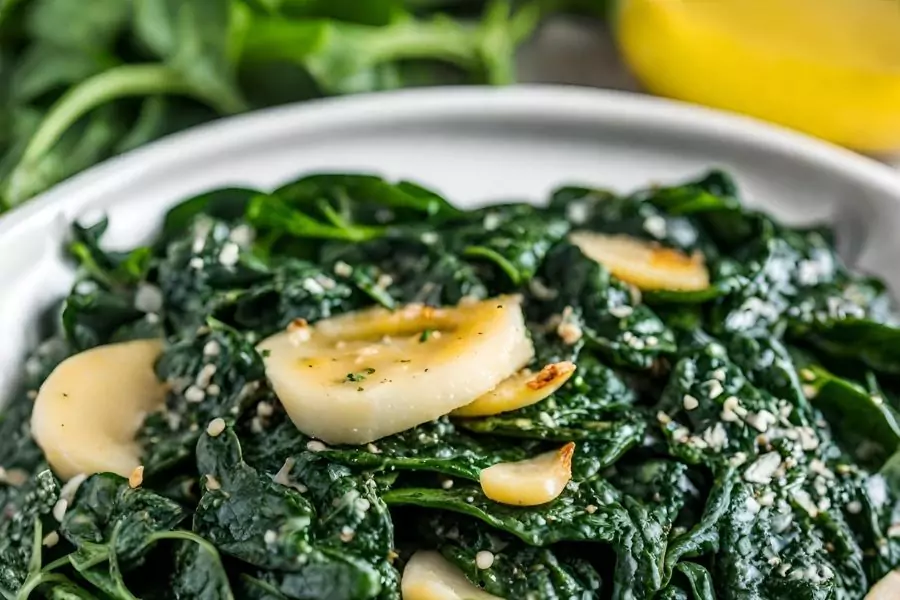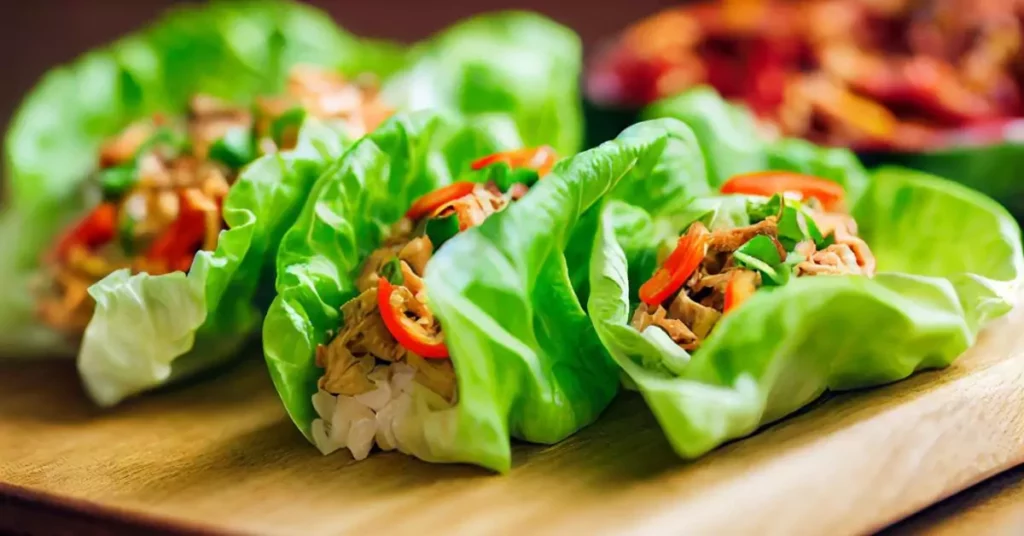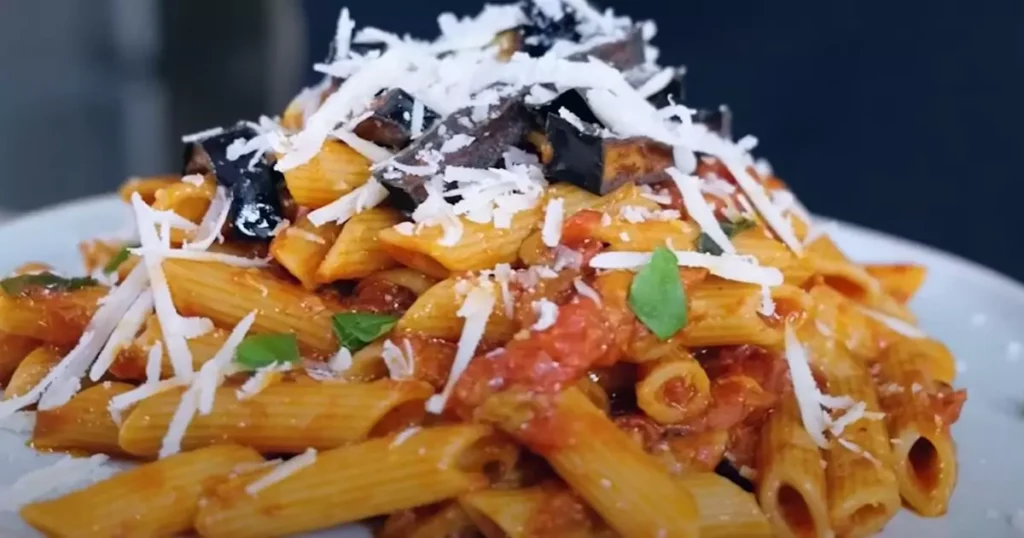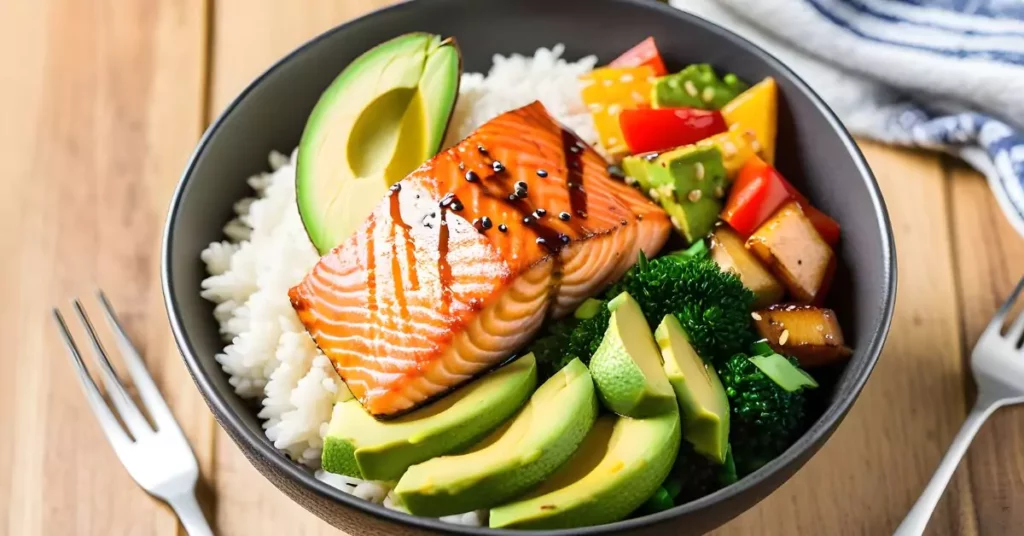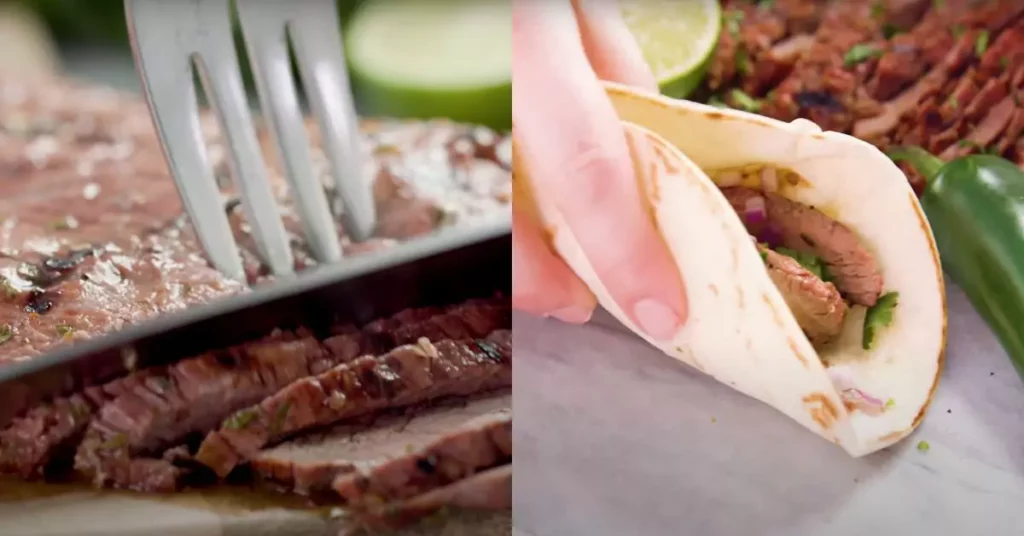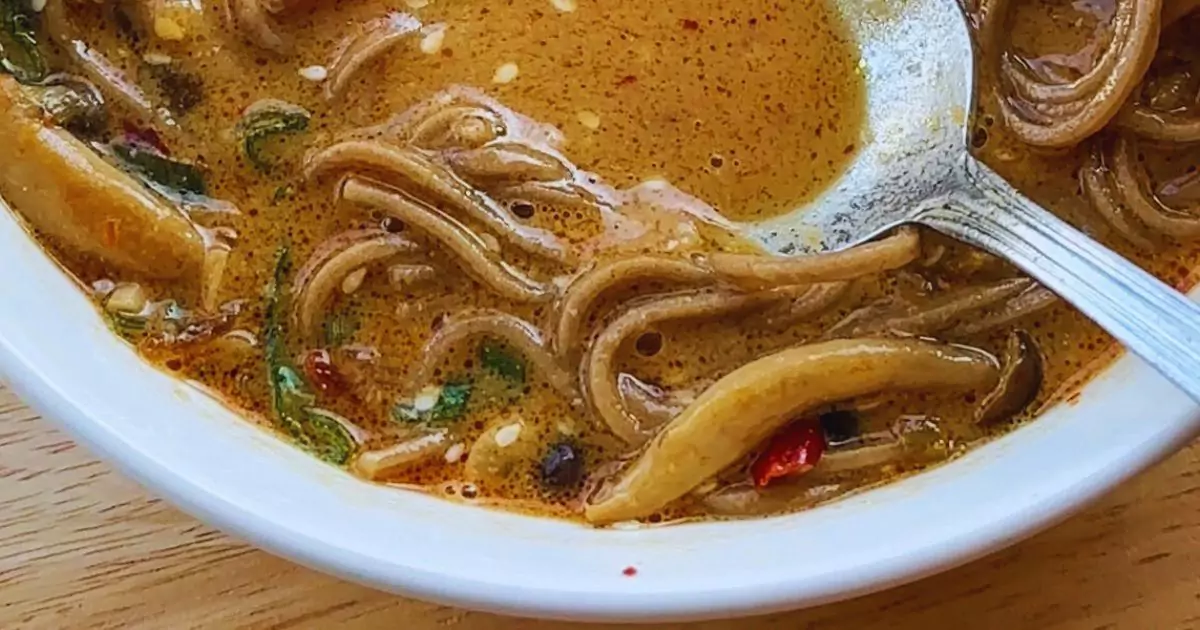
Soba, a staple of Japanese cuisine, is renowned for its health benefits and delicious versatility. Our Sesame Miso Soba Soup recipe brings together the rich flavors of sesame and miso with the wholesome goodness of soba noodles. Perfect for a comforting dinner or a rejuvenating lunch, this dish is not only satisfying but also packed with nutrients. Whether you’re a long-time lover of Japanese flavors or a curious newcomer, this soup is sure to delight.
Ingredients
To prepare this heartwarming dish, you will need the following ingredients:
- Soba Noodles: 200 grams (about 7 ounces)
- Vegetable Broth: 4 cups
- White Miso Paste: 3 tablespoons
- Sesame Oil: 2 tablespoons
- Ginger: 2 teaspoons, freshly grated
- Garlic: 2 cloves, minced
- Carrots: 2 medium, julienned
- Shiitake Mushrooms: 100 grams (about 3.5 ounces), sliced
- Baby Spinach: 2 cups
- Soy Sauce: 2 tablespoons
- Toasted Sesame Seeds: For garnishing
- Green Onions: 2, thinly sliced for garnishing
- Optional Toppings: Soft boiled eggs, tofu, or cooked chicken
Step-by-Step Guide
- Prepare the Soba Noodles: Bring a large pot of water to a boil. Add soba noodles and cook according to the package instructions, usually about 4 minutes. Drain and rinse under cold water to stop the cooking process. Set aside.
- Make the Soup Base: In a large pot, heat sesame oil over medium heat. Add the minced garlic and grated ginger, sautéing until aromatic, about 1 minute.
- Vegetables and Broth: Add the julienned carrots and sliced shiitake mushrooms to the pot. Sauté for about 3-5 minutes until the vegetables start to soften. Pour in the vegetable broth and bring the mixture to a simmer.
- Add Miso Paste: In a small bowl, mix the miso paste with a little hot broth from the pot until it becomes a smooth mixture. This helps prevent clumps. Stir the miso mixture back into the pot.
- Combine All Ingredients: Add the cooked soba noodles and baby spinach to the pot. Allow everything to heat through for about 2 minutes. Stir in the soy sauce.
- Serve: Ladle the soup into bowls and garnish with toasted sesame seeds and sliced green onions. Add any optional toppings like soft boiled eggs, tofu, or chicken.
Storage Ideas
Sesame Miso Soba Soup can be stored in an airtight container in the refrigerator for up to 3 days. For best results, store the noodles separately from the broth to prevent them from becoming soggy. Reheat gently on the stove or in the microwave when ready to serve.
Add-Ons
Enhance this dish with various add-ons to cater to your taste or dietary preferences:
- Protein Boost: Add tofu cubes, cooked shrimp, or diced chicken for a protein-rich meal.
- Extra Greens: Incorporate bok choy, kale, or seaweed for additional nutrients and flavors.
- Spice It Up: Introduce a dash of chili oil or a sprinkle of red pepper flakes for a spicy kick.
FAQs
Q: Can I use another type of noodles for this recipe? A: Yes, while soba noodles are traditional, you can substitute them with udon, rice noodles, or even spaghetti in a pinch.
Q: Is this recipe gluten-free? A: Soba noodles are often made from buckwheat, which is naturally gluten-free, but some brands may include wheat. Check the packaging if you need a gluten-free option.
Q: Can I make this soup vegan? A: Absolutely! The base recipe is already vegan-friendly as long as you use vegetable broth. Just be sure to choose toppings that comply with a vegan diet, such as tofu or additional vegetables, instead of eggs or chicken.
Q: What’s the best way to serve this soup to a large group? A: To serve a crowd, you can double or triple the recipe ingredients. Serve the soup in a large pot and allow guests to add their own toppings buffet-style. This way, each guest can customize their bowl to their taste.
Q: How can I thicken the soup if desired? A: If you prefer a thicker broth, you can dissolve 1-2 teaspoons of cornstarch in a small amount of cold water and stir this mixture into the simmering soup until it reaches your desired consistency.
Q: Are there any specific health benefits of consuming sesame seeds? A: Yes, sesame seeds are not only a great source of plant-based protein, but they also contain healthy fats that can help lower cholesterol and improve heart health. They are also rich in antioxidants, which help fight oxidative stress.
Q: Can this soup be frozen for later use? A: It’s best to freeze the broth separately from the noodles and vegetables to maintain the best texture. Freeze the broth in an airtight container or heavy-duty freezer bags. When ready to use, thaw in the refrigerator overnight and reheat on the stove. Cook fresh noodles and prepare fresh vegetables to add to the heated broth.
Q: Is miso paste healthy for everyone? A: Miso paste is generally healthy as it is rich in vitamins, minerals, and beneficial plant compounds. However, it is high in sodium, which might not be suitable for people with high blood pressure or those on a sodium-restricted diet. Always check with a healthcare provider if you have health concerns regarding sodium intake.
Health Concerns and Benefits
This Sesame Miso Soba Soup is not only heartwarming but also offers numerous health benefits:
- Miso Paste: Rich in essential minerals and a good source of various B vitamins, folic acid, and antioxidants.
- Soba Noodles: Made from buckwheat, they are high in protein and fiber, which can help improve heart health and digestion.
- Sesame Seeds: Provide a great source of healthy fats, calcium, and magnesium.
However, those with soy allergies should avoid miso, and those watching their sodium intake should consider lower-sodium soy sauce options.
This recipe embodies the essence of nourishing Japanese cooking, offering a delicious and healthful meal that can easily be adapted to suit various dietary needs and preferences. Enjoy crafting this delightful dish that promises to warm your body and soul!


